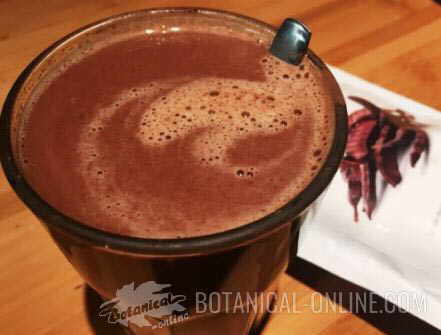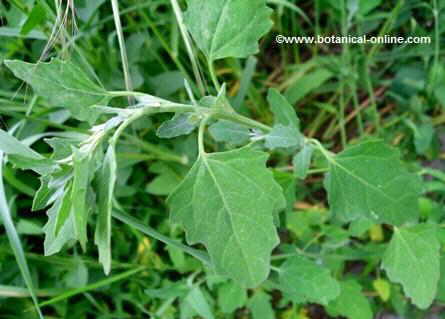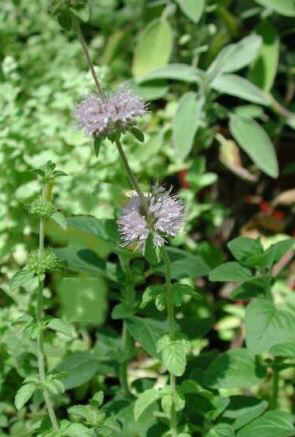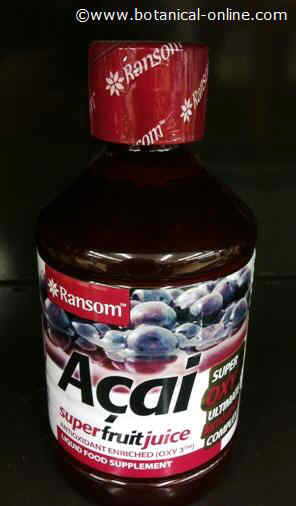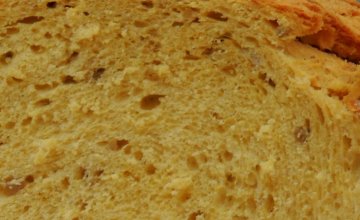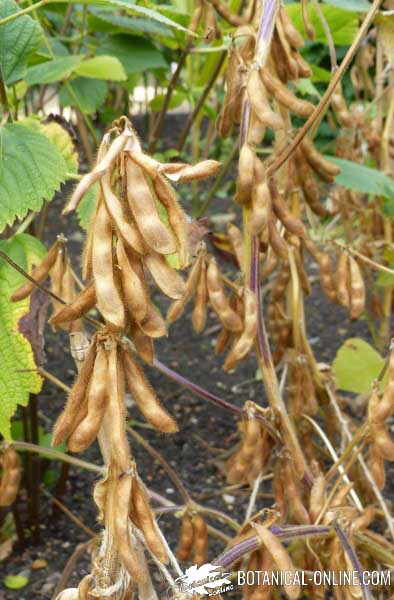Contents
- 1 Diet for anorexia
- 1.1 GOOD AND BAD FOOD FOR ANOREXIA
- 1.2 How to recover from anorexia
- 1.3 DIETARY GUIDELINES FOR ANOREXIA
- 1.4 Do not force the patient to eat large quantities
- 1.5 It is important that the patient eats slowly
- 1.6 The best energetic and vitaminic food for anorexia
- 1.7 Non suitable foods for anorexia
- 1.8 Supplements for anorexia diet
Diet for anorexia
GOOD AND BAD FOOD FOR ANOREXIA
How to recover from anorexia
The primary goal of dietary treatment in anorexia is to avoid losing more weight and recover the loss that has occurred, not only fat, but also other nutritional elements.
It is a very slow process that requires the patient to be helped, because in the end, it is the patient who should have a re-education of eating habits and acceptance of weight gain.
Recovering from anorexia ultimately involves an overcoming of the psychological issues that created this disorder.
It is necessary for the patient to understand the importance of a varied diet in which all the basic nutrients have to be included.
DIETARY GUIDELINES FOR ANOREXIA
Proper diet for anorexia should take into account the following:
Do not force the patient to eat large quantities
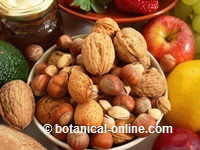
Nuts offer natural fats along with vitamins and minerals to people malnourished by anorexia
This attitude leads to an initial rejection by the patient.
We must increase the quantity, but not on the basis of abundant fatty foods .
It is better to consider that this change has to be more qualitative than quantitative. Fats and carbohydrates, proteins and minerals should be acquired in a gradual manner and from natural and healthy sources .
We should advise, but not clutter the patient, so as, in a gradual manner, this will be ingesting larger amounts as her/his condition improves.
It is important that the patient eats slowly
Food must be chewed well so as to take better advantage of its nutritional properties .
Also, it is more convenient to make several meals a day. They must be not too abundant, to prevent the patient , used to eating little, to feel full very soon.
A little rest after each meal would be very appropriate.
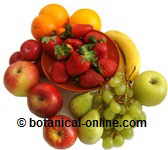
Fruits and vegetables should not be lacking in the diet for anorexia.
The best energetic and vitaminic food for anorexia
The mots recommended food for anorexia is:
- Eggs, milk (better fermented dairy products like yogurt) and eggs can provide the necessary proteins.
- Vegetal oils (olive, sunflower, soybean, etc.) or dried droughts (hazelnuts, nuts, almonds, etc.) will provide fats, besides vitamins and minerals.
- Plants rich in starch, that are transformed into sugars of slow absorption by the organism, therefore more assimilable, would provide the sufficient energy (Cereals, tubercles and vegetables: potatoes, peas, soybean, rice, etc.)
- Lots of vitamins: Fruits, vegetables and legumes, rich in vitamins, must be present in all the meals.
Non suitable foods for anorexia
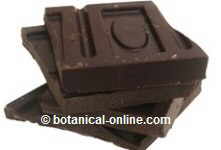
Chocolate and other sweets should be avoided in the diet of the person with anorexia
It is not very convenient an initial abundant intake of sugary, greasy, fried, battered or other foods that can be very heavy for a stomach and intestines accustomed to eat little
Anorexic people should avoid eating cakes, pastries, sausages, etc.
Supplements for anorexia diet
The administration of supplements of vitamins and minerals can be useful, especially of zinc.
A diet rich in zinc can be very appropriate since it regulates hormones and enzymes.
Rich zinc foods are: lettuce, spinach, celery, parsley, cabbages, brussels sprouts , cauliflowers, cucumbers, endives, watercress, asparagus, plums, borage, soybean, pumpkins, carrots, grapes, chayotes, figs, radishes, peas, lentils, onions, potatoes, eggplants, etc.
![]() More information on anorexia and its natural treatment.
More information on anorexia and its natural treatment.

